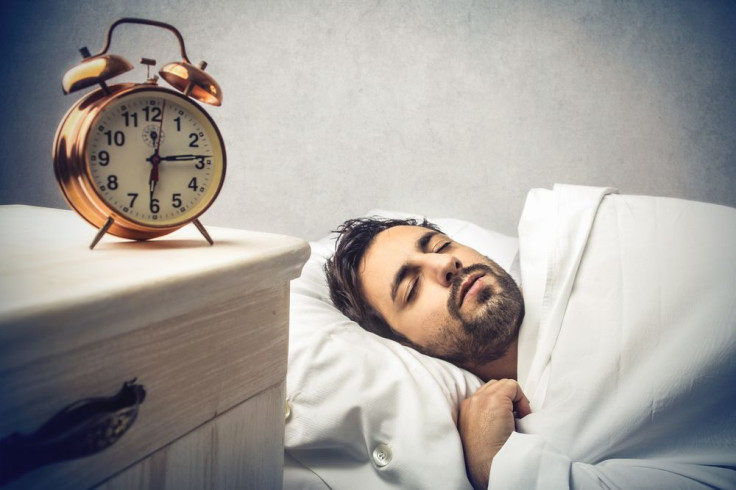More Sleep May Lower Prostate Cancer Risk; Hormone Melatonin Tied To Lower Incidence Of Cancer Growth

Melatonin, a hormone produced exclusively at night during deep sleep, could have a significant impact on your risk of developing advanced prostate cancer, a new study from Harvard University has found.
The hormone, which is considered a crucial output of the so-called circadian rhythm that regulates our sleeping pattern, has been shown in previous studies to influence a range of other hormones and biological factors involved in carcinogenesis, or the formation of tumors. These findings have led many to theorize that a few extra hours of rest may help lower a person’s risk of developing the disease. The new study, which was presented at the AACR-Prostate Cancer Foundation Conference on Advances in Prostate Cancer Research, shows that the link may be even stronger than previously thought.
“Our findings are in line with previous experimental studies and provide further support for the influence of the circadian rhythm in prostate carcinogenesis,” Sarah Markt, doctoral candidate at the Harvard School of Public Health and lead author of the study, told Medical Daily.
Melatonin and Prostate Cancer
For the study, Markt and her colleagues surveyed 928 Icelandic men involved in the AGES-Reykjavik cohort. The researchers were looking for urinary levels of 6-sulfatoxymelatonin, the main breakdown product of melatonin. Each participant was followed from 2002 to 2009.
At the end of the study, 111 men had been diagnosed with prostate cancer. Twenty-four had progressed to an advanced stage of the disease. By comparing the incidence of cancer to the 6-sulfatoxymelatonin levels, the team found that participants with levels above the median value (17.14 nanograms/milliliter of urine) had a significantly lower risk of developing the disease.
"Sleep loss and other factors can influence the amount of melatonin secretion or block it altogether, and health problems associated with low melatonin, disrupted sleep, and/or disruption of the circadian rhythm are broad, including a potential risk factor for cancer," Markt said in a press release. "We found that men who had higher levels of melatonin had a 75 percent reduced risk for developing advanced prostate cancer compared with men who had lower levels of melatonin.”
Sleeping It Off
According to official U.S. estimates, prostate cancer kills about 30,000 Americans annually, with nearly 200,000 new cases each year. Besides skin cancer, it is the most common cancer in American males. Although few sufferers report early symptoms, signs of nascent prostate cancer include difficulties urinating and back pain.
By illuminating a possible preventative strategy against prostate cancer, the study adds yet another clear benefit of proper rest and sufficient sleep. Another example is a Northwestern University study from 2013, in which researchers show that a good night’s sleep may help you unravel phobias and fear memories.
Although the statistical link is strong, Markt is quick to point out that the findings need to be reproduced in a larger sample size before any public health recommendations can be made. "Further prospective studies to investigate the interplay between sleep duration, sleep disturbance, and melatonin levels on risk for prostate cancer are needed," she explained in the release.
That said, you can’t really go wrong with a few extra hours of sleep, right?
Source: Markt S, Sigurdardottir LG, Rider JR, Haneuese S. Urinary melatonin levels, sleep disruption and risk of prostate cancer. “AACR-Prostate Cancer Foundation Conference on Advances in Prostate Cancer Research.” 2014.



























